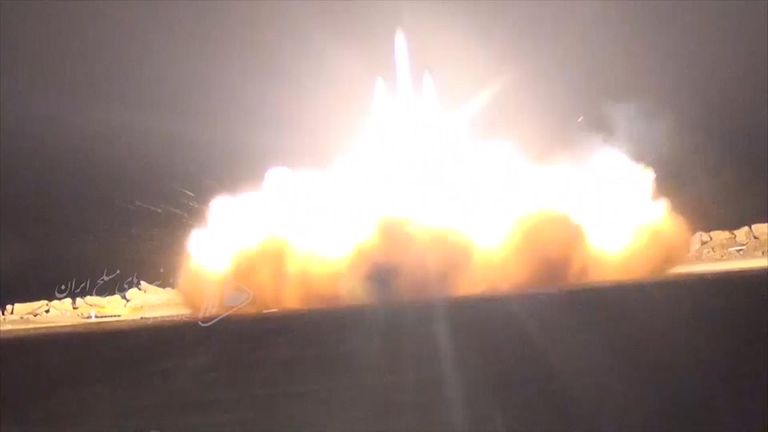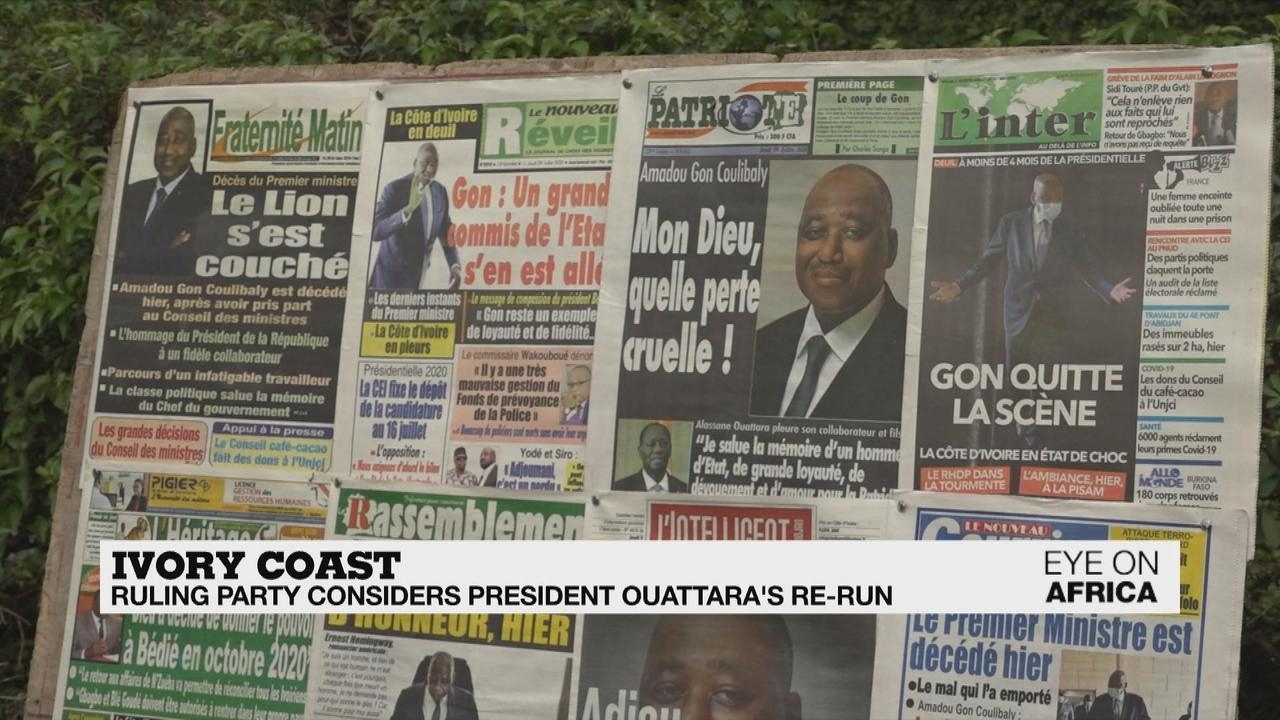By Deborah Haynes, foreign affairs editor
President Donald Trump calls it his policy of "maximum pressure" on Iran.
He believes a mixture of increasingly tough sanctions coupled with diplomatic isolation will force the Islamic Republic back to the negotiating table.
But we have been here before.
Tehran has already been subjected to intense international sanctions before it signed up to the 2015 nuclear deal with the United States, China, Russia, Britain, France and Germany.
That agreement imposed curbs on Iran's nuclear ambitions in return for sanctions relief.
But President Trump withdrew the United States from the accord, calling it a disaster.
No one thought it was perfect but it was the best compromise that top diplomats could achieve after years of negotiations and it has curbed Iran's nuclear activities.
Now the US president says he wants a new deal with Tehran and unlike its predecessor this one would also include Iran's support for proxy forces in the region and its ballistic missile programme.
His punishing regime of sanctions in a bid to secure this new entente has undone much of the economic benefits that Iran had been seeing over the past four years.
The Iranian government is accused of signalling its anger by facilitating attacks against tankers in the Gulf – a charge it denies.
However, Iranian officials are warning it will breach conditions it is supposed to adhere to under the 2015 accord in the coming days.
That poses a big problem for Britain, France and Germany. They had been sticking with the deal, despite pressure from the Trump administration to follow its lead.
If Iran no longer sticks to the commitments it made, it will become impossible for European countries to continue their support of the agreement, which would trigger its demise.

LondonRead More – Source
By Deborah Haynes, foreign affairs editor
President Donald Trump calls it his policy of "maximum pressure" on Iran.
He believes a mixture of increasingly tough sanctions coupled with diplomatic isolation will force the Islamic Republic back to the negotiating table.
But we have been here before.
Tehran has already been subjected to intense international sanctions before it signed up to the 2015 nuclear deal with the United States, China, Russia, Britain, France and Germany.
That agreement imposed curbs on Iran's nuclear ambitions in return for sanctions relief.
But President Trump withdrew the United States from the accord, calling it a disaster.
No one thought it was perfect but it was the best compromise that top diplomats could achieve after years of negotiations and it has curbed Iran's nuclear activities.
Now the US president says he wants a new deal with Tehran and unlike its predecessor this one would also include Iran's support for proxy forces in the region and its ballistic missile programme.
His punishing regime of sanctions in a bid to secure this new entente has undone much of the economic benefits that Iran had been seeing over the past four years.
The Iranian government is accused of signalling its anger by facilitating attacks against tankers in the Gulf – a charge it denies.
However, Iranian officials are warning it will breach conditions it is supposed to adhere to under the 2015 accord in the coming days.
That poses a big problem for Britain, France and Germany. They had been sticking with the deal, despite pressure from the Trump administration to follow its lead.
If Iran no longer sticks to the commitments it made, it will become impossible for European countries to continue their support of the agreement, which would trigger its demise.

LondonRead More – Source











